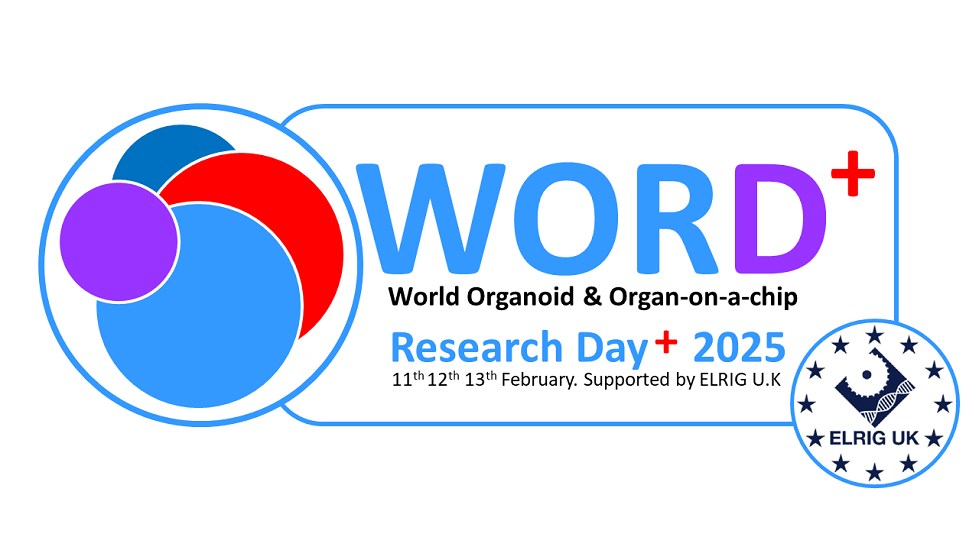Authors
Z Qi1; Y Fu2; M Spanou1; S Chiang1; W Li2; H Han2; Z Zuo1; S Guan1; I Arioz1; R Zhang1; C Wang2;
1 ACRObiosystems, UK; 2 Innovec Biotherapeutics, UK
Overview
Current organoid technologies usually lack certain physiological cell types, translatable biological assays, even though they are a promising advancement in drug development and disease modelling to combat high clinical drug failure rates, even after rigorous preclinical testing. As ACROBiosystems, we have developed novel commercially available hydrogel-free human iPSC-derived cardiac and cerebral organoid systems.
Introduction
Cerebral organoids inherently bear neurons, astrocytes, oligodendrocytes, microglia and vascular cells verified by RNA-seq and marker immunolabeling. Cardiac organoids mechanically beat and inherently bear ventricular and atrial cardiomyocytes and vascular cells verified by marker immunolabeling.
Methods
Physiological electrical activity was recorded intracellularly by patch clamp and extracellularly by MEA and silicon probes from both cardiac and cerebral organoids. The cardiac organoid was used as a model to test the cardiac toxicity where both endothelial cells and cardiomyocytes were damaged in comparison to the negative control. Furthermore, a cerebral organoid model of Parkinson’s disease was created by a treatment of alpha-synuclein pre-formed fibrils.
Results
Five different adeno-associated viruses (AAVs) were utilized to compare and select the most optimal GFP transgene delivery efficacy using these organoid models in comparison with the commercial wild type AAVs.
Conclusion
We outline the use of the commercially available ACROBiosystems human iPSC-derived organoids as an improved preclinical model for cardiac toxicity, neurodegeneration and AAV serotype selection and evaluating transgene delivery efficacy to help provide better guidance for gene therapy development when moving into clinical research.

